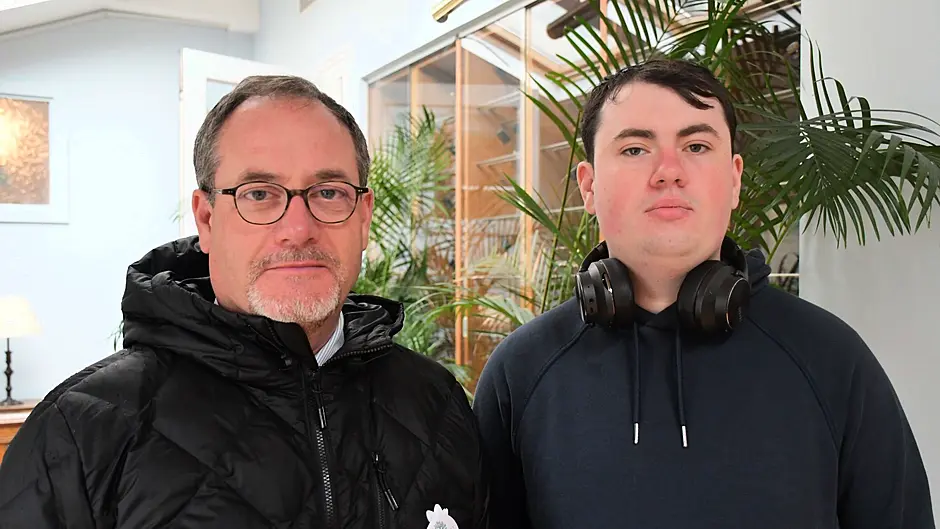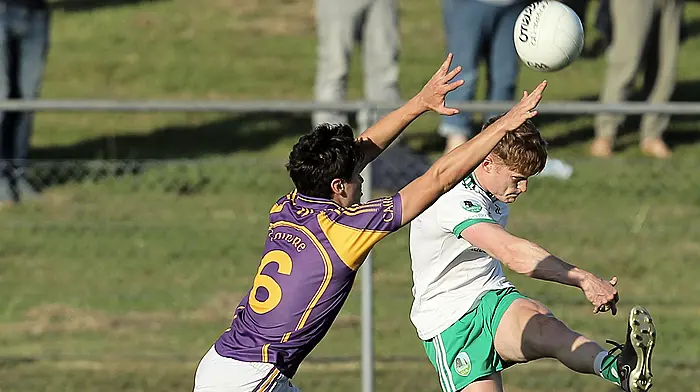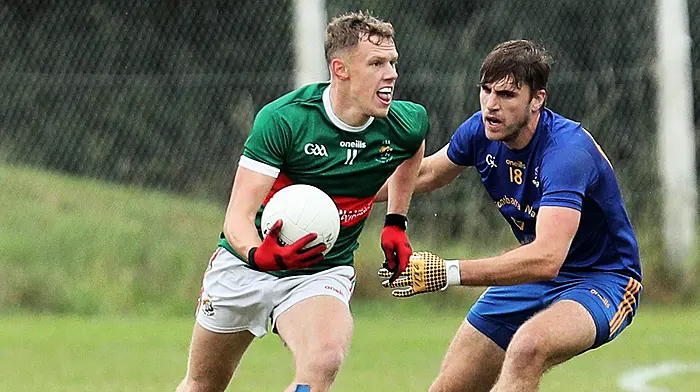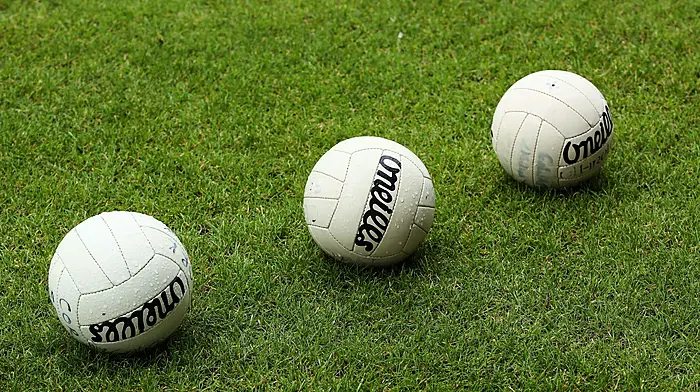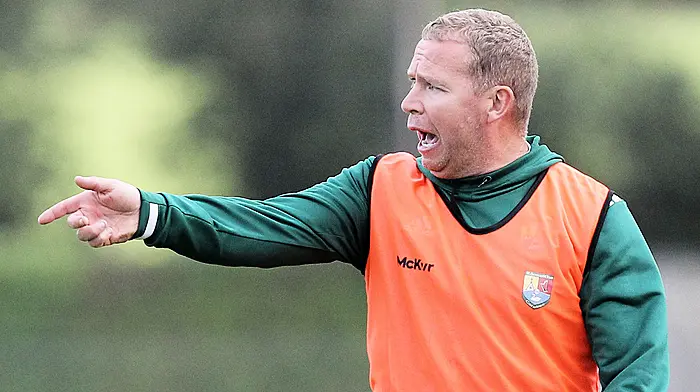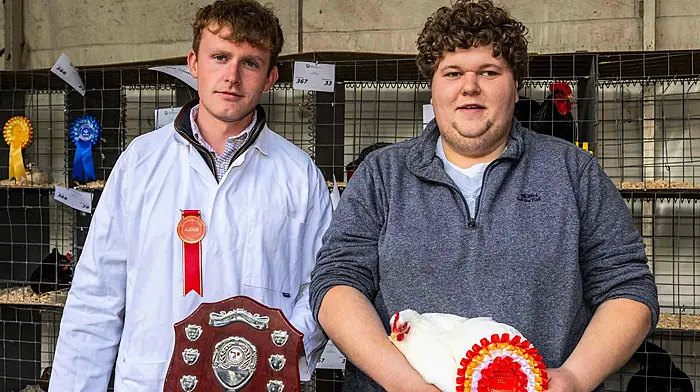When his child received a diagnosis of ADHD, dyslexia and dyspraxia, fisherman Patrick Murphy took a one-year course in childcare and also trained as an SNA, to better understand the conditions.
FISHERIES boss Patrick Murphy knows first-hand how crucial access to child mental health services is, after his own family’s traumatic experience.
That’s why the ceo of the Irish South and West Fish Producers Organisation and now an Aontú local election candidate for the Bantry area, and also Europe, is making mental health for young people a staple of his campaign.
Patrick and his wife Rose received a diagnosis of ADHD, dyslexia and dyspraxia for their second-eldest, Eoin Daniel, after ‘scraping together’ the funds to have him assessed privately.
‘We always knew he was different. He was climbing trees before he could walk,’ recalls Ballydehob-based Patrick.
At the time, Eoin Daniel was in junior infants, and his parents wanted to fast-track his assessment to secure a special needs assistant (SNA) for him in time for senior infants.
‘We took matters into our own hands and went to Dublin for that. We felt we had no choice. Otherwise we’d be on a waiting list. That was in 2009 and what’s crazy, is that, instead of things improving for families since then, they’re getting even worse,’ said Patrick.
The dad-of-four went a step further and completed a one-year course in Skibbereen, in child care and special needs, and also trained as an SNA, purely motivated to support Eoin Daniel outside of school.
‘At the time I was a fisherman who had never even turned on a computer, I was afraid of them. But I knew the system wouldn’t help my son, so we had to step up ourselves. The course completely transformed me and my abilities. It awoke something in me,’ he said.
Further challenges lay ahead for the family.
A few years later, when Eoin Daniel was eight, he suffered a catatonic epilepsy attack seizure at home, just a few weeks after Rose had given birth to their youngest child.
‘I honestly thought he was leaving this world,’ said Patrick. ‘He went grey and clammy and was deteriorating before my eyes. I called the rest of the family into the room to say goodbye to him.’
Fortunately, Eoin Daniel recovered, and was ultimately diagnosed with epilepsy, but the experience left the family traumatised and to this day, Patrick can’t speak of it without becoming emotional.
‘I was scarred by it – our child almost died in front of us. Our doctor suggested we talk to somebody in the Child and Adolescent Mental Health Services (Camhs). Because of what we’d been through, we got access, and I found them brilliant. Eoin Daniel, myself, and Rose all got counselling, and it was invaluable. If we hadn’t had access to Camhs we’d be in a very different place now.’
Eoin Daniel was diagnosed with autism when he was 12, and Camhs professionals developed individual programmes for him that really helped him to thrive at second level, said Patrick.
They continued to have sessions and check-ins with Camhs until Eoin Daniel was 18. He’s now 23.
‘I can’t thank them enough for being there for us, but the reality is that they don’t have enough resources,’ said Patrick.
He feels strongly about the necessity of early diagnosis and intervention for people like Eoin Daniel.
‘When he was eight, we were told he didn’t have autism, and when he was 12 we were told he had. An earlier diagnosis would have changed the school approach for him. We’re very proud of our son, but the system was broken then and it still is. I can see that nothing is changing. The focus needs to be on early diagnosis, intervention and services.’
Recent HSE figures released for the Camhs waiting lists show the current waiting list data for West Cork, as of February, is 55.
Of those, 14 have been waiting for up to three months; 13 have been waiting for three to six months; 11 have been waiting for six to nine months; nine have been waiting for nine to 12 months; four have been waiting for 12 to 15 months; one person has been waiting for 15-18 months and three people have been waiting for more than 18 months.
There are 1,003 young people waiting for help in the CHO4 region which covers all of Cork – 201 of these have been waiting for more than three months, 168 waiting for six months and 323 waiting for more than a year.
‘I’m desperately concerned about these children who are vulnerable as it is, and I genuinely fear that lives could be lost as a result,’ said Patrick. ‘Mental healthcare is not something that can be put on the long finger. It can be a real case of life and death. These young people don’t have the lifeskills and the resilience necessary to languish on long waiting lists.’
‘We were lucky – the Camhs service is good once people can access it, and that is the nub of the issue. So many children and their families can’t. Lives will be ruined if these wait times are not tackled. For these children, it is possible to provide the treatment and support necessary for them to live their lives to their full potential.’
He said that if the same rigour that’s being applied to the regulation of the fishing industry was applied to children’s mental health, these problems wouldn’t exist.
‘You have to live something to properly understand it, and addressing legislation to look after our vulnerable children will be top of my agenda if I get to Europe,’ he pledged.
Patrick Murphy is launching his local election campaign at 7pm on Saturday May 11th in Ballydehob Community Hall.
CAMHS RECRUITMENT A ‘CHALLENGE’
A HSE spokesperson said that they regret that young people cannot always access the Camhs service ‘as quickly as they or we would like’. ‘Management in Cork Kerry Mental Health Services are actively taking every measure to acquire the necessary resources, clinical and otherwise, to ensure a quality service for the children of Cork going forward,’ said the spokesperson.
‘Long-standing recruitment challenges have faced several Camhs teams in Cork Kerry Community Healthcare which, in turn, has affected waiting time targets.
‘Local, national and international eff orts are continuing in order to ensure that all available avenues are explored to provide a staffing supply for mental health services, including Camhs services.’

